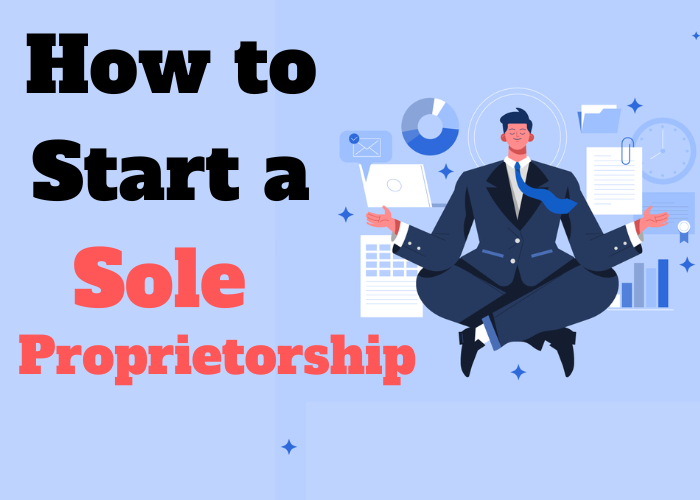If you’ve always wanted to start your own business, now’s the time. If you have a dream of running your own business, you’re not alone. Many people dream of being their own boss and enjoying the freedom of running their own company. But, starting a business is no small task. There is a lot of paperwork and legal hoops to jump through before you can even start your business.
This article will help you navigate the process of starting your own business. Here’s a quick guide on how to start your own business.
Define What Is a Sole Proprietorship
A sole proprietorship is a business that is not incorporated and is owned by one person. Sole proprietorships are not required to have a business license, but they are required to have a tax ID number. Sole proprietorships are not required to have employees, but they are required to have a business license and a sales tax number. Sole proprietors are not responsible for paying payroll taxes, but they are responsible for paying employment taxes.
Why People Typically Start a Sole Proprietorship
A sole proprietorship is typically the first step in starting a business. Sole proprietorships are easy to start and maintain, and they are not required to register with the state. A sole proprietorship is the simplest form of business structure, and it is the most common form of business in the United States. The sole proprietorship structure is the most common form of business in the United States. A sole proprietorship is a business owned and run by only one person (sole proprietorship), in which the owner receives 100 percent of the profits and owns 100 percent of the business’s assets. Sole proprietorship means that the business has no legal distinction from its owner, and for tax purposes, it is the same as the owner. For the business, this implies that the sole proprietor is completely liable for all the debts of the business and is not able to draw any distinction between his personal and business assets. Sole proprietorship is not a legal entity and so is not a separate taxpayer. If the business generates a profit, then the owner receives the profit, and if there is a loss, the loss is carried forward to subsequent tax years. Sole proprietors are not required to register or obtain a business license. They must also file an individual tax return for the business in their personal capacity; the profit or loss from the business is reported on Schedule C.
Things To Consider Before
Before you start a sole proprietorship, there are a few things to consider. First, you’ll need to register your business with your state and get the necessary permits. You’ll also need to keep your business finances separate from your personal finances. This is because your business is a separate entity. Finally, your business structure determines what you can deduct on your taxes. Starting a sole proprietorship is a great idea if you have a great idea and you’re willing to take the risk. You’ll need to spend some time researching your idea and the laws that govern it. You’ll also need to spend some time coming up with a name for your business, and register that name . Next, consider hiring an attorney to draft your business plan. Once you’ve finalized your business plan, you can start your business. You can find out more about starting a sole proprietorship by calling your local Small Business Administration Office.
